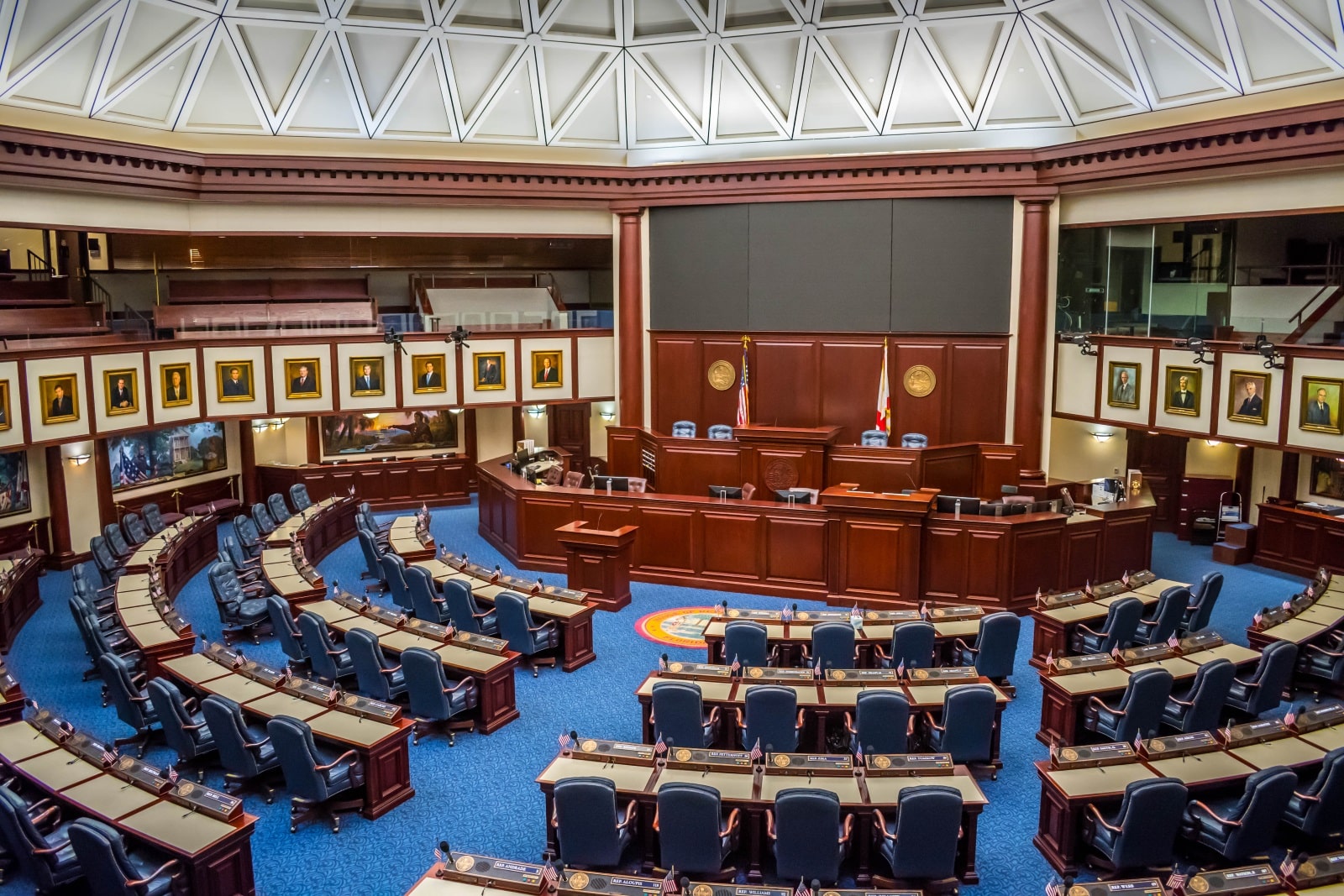Slavery reparations have been a contentious topic for years, with many advocating for justice and compensation, while others vehemently oppose the idea. Here are 20 reasons why America won’t pay slavery reparations:
1. Economic Strain

The American economy is already burdened with national debt exceeding $31 trillion. Allocating funds for reparations could exacerbate the economic strain and lead to higher taxes or reduced spending on essential services.
2. Political Divisiveness

Reparations are highly polarizing, with significant opposition from both political parties. Implementing such a policy could lead to increased political tensions and backlash, particularly in an election year.
3. Legal Challenges

There would be numerous legal hurdles in determining eligibility and distribution. Proving lineage and direct harm from slavery could lead to complex, lengthy court battles.
4. Historical Precedents

While reparations have been paid to other groups, such as Japanese-Americans interned during WWII, the scale and historical context of slavery are vastly different. This precedent does not easily translate to the case of slavery reparations.
5. Implementation Logistics

Creating a fair and efficient system to distribute reparations would be incredibly complex. Determining who qualifies and how much they should receive would be a logistical nightmare.
6. Public Opinion

Public support for reparations remains low. A 2021 Pew Research Center survey found that only 30% of Americans support reparations for the descendants of enslaved people.
7. Budget Priorities

Government budgets are already stretched thin, with funding needed for infrastructure, healthcare, education, and defense. Allocating money for reparations would require significant reallocation of resources.
8. Inflation Concerns

Injecting a large sum of money into the economy through reparations could potentially lead to inflation. This could devalue the dollar and harm the overall economy.
9. Intergenerational Equity

Some argue that it is unfair to hold current generations financially responsible for the actions of their ancestors. This viewpoint challenges the moral and ethical justification for reparations.
10. Racial Tensions

Paying reparations could inflame racial tensions, leading to further division rather than reconciliation. Opponents argue that it could create resentment among those who do not receive reparations.
11. Political Suicide

For many politicians, supporting reparations is seen as political suicide. The fear of losing votes, particularly from conservative and moderate constituents, deters political leaders from backing such measures.
12. Slippery Slope Argument

There is concern that reparations for slavery could set a precedent for other groups to seek compensation for historical injustices. This could open the floodgates to numerous claims, overwhelming the legal and financial systems.
13. Questions of Fairness

How to fairly distribute reparations is a contentious issue. Determining the criteria for eligibility and the amount of compensation could lead to significant disputes and perceptions of unfairness.
14. Historical Responsibility

Some believe that reparations are not the best way to address historical wrongs. They argue for alternative measures, such as education and community investment, to address the lingering effects of slavery.
15. Focus on Current Issues

Many argue that the focus should be on addressing current racial disparities and injustices rather than compensating for past wrongs. They believe resources should be directed towards present-day issues.
16. International Comparisons

Reparations have rarely been paid on such a large scale internationally. The complexity and uniqueness of the American slavery experience make it difficult to draw parallels with other countries that have paid reparations.
17. Government Inertia

The bureaucratic nature of the government makes it difficult to implement large-scale changes. Reparations would require significant policy shifts and coordination across multiple levels of government.
18. Lack of Political Will

There is a lack of political will to push through such a controversial measure. Without strong leadership and consensus, reparations are unlikely to gain traction.
19. Economic Inequality

Some argue that economic inequality should be addressed through broader policies that benefit all disadvantaged groups, not just descendants of enslaved people. This perspective prioritizes universal measures over targeted reparations.
20. Fear of Backlash

The fear of backlash from various segments of society, including those who oppose government spending and those who feel reparations are unfair, is a significant deterrent. Politicians and policymakers are wary of the potential fallout.
Will America Ever Acknowledge Its Past?

So, will America ever take responsibility for the enduring impact of slavery? Or will it continue to hide behind excuses, leaving an unaddressed legacy of injustice?
Budget Boss: 12 Tips for Managing Your Money Wisely

Embarking on a journey to master budgeting requires evidence-based strategies supported by research to manage your finances effectively and achieve your financial goals. Here are 12 research-backed tips, along with actionable steps to implement them, for mastering budgeting and maximizing your financial well-being. Budget Boss: 12 Tips for Managing Your Money Wisely
Ranking the Top and Bottom 24 U.S. Universities

Wondering which universities are the cream of the crop and which ones fall short of the mark? Today, we’re ranking the 24 best and worst universities in the United States to give you the inside scoop on higher education excellence and disappointment. Are you ready to uncover the highs and lows of academia? Ranking the Top and Bottom 24 U.S. Universities
18 Trending Jobs That Let You Travel While Working

Dreaming of turning your wanderlust into a way of life? Believe it or not, there are careers that not only allow but encourage you to explore the globe, dive into new cultures, and collect experiences instead of things. Here are 18 unconventional jobs that offer just that, with a bit more insight into each. 18 Trending Jobs That Let You Travel While Working
Featured Image Credit: Shutterstock / 1000 Words.
The content of this article is for informational purposes only and does not constitute or replace professional financial advice.
For transparency, this content was partly developed with AI assistance and carefully curated by an experienced editor to be informative and ensure accuracy.





Leave a Reply